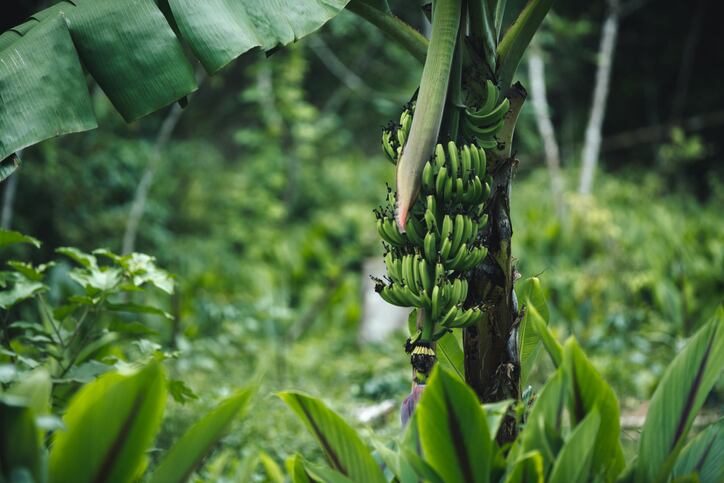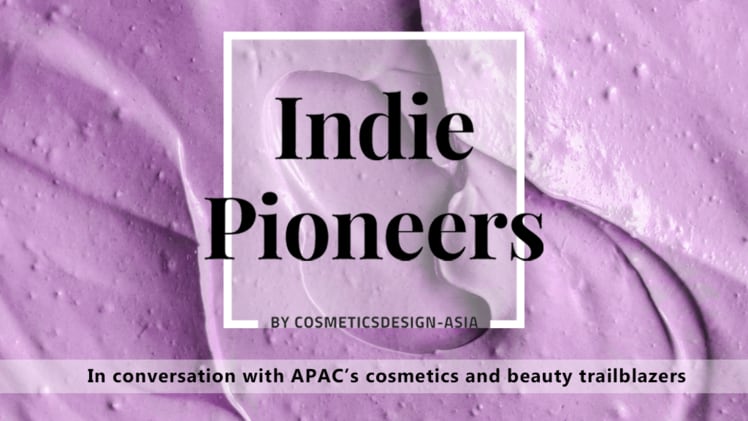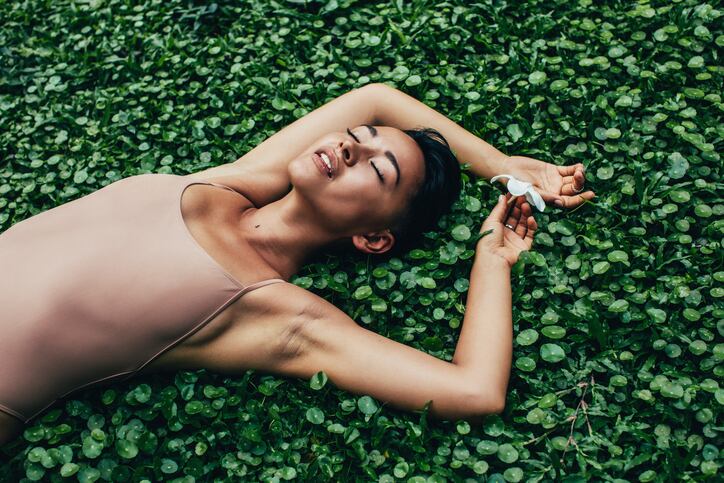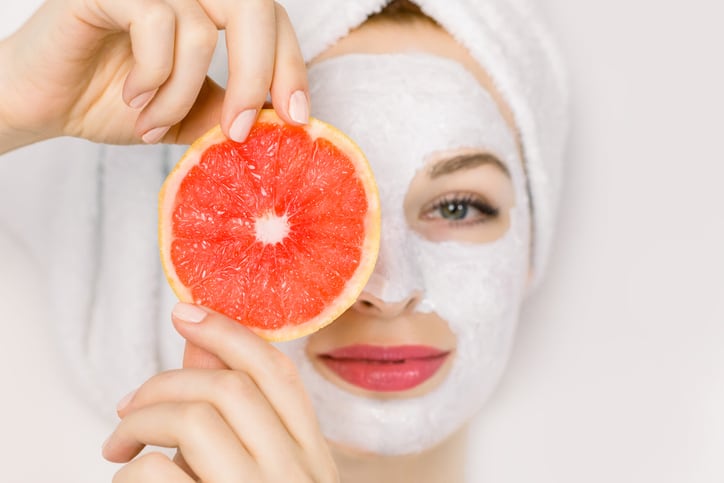Founded a decade ago, the French Caribbean beauty brand Kadalys sourced waste banana fruit from Martinique to produce a range of certified-organic beauty products featuring upcycled, active banana ingredients, including face creams, serums, cleansers, toners, body and hair oils and facial masks. Available online and via a number of stores and online platforms, the beauty products integrated yellow, green and pink banana fruit extracts for a range of benefits, including firming, healing, anti-ageing and brightening properties.
But after ten years on the market, Kadalys now wanted to focus on becoming a supplier to wider industry.
From banana beauty to banana bioactives
Shirley Billot, CEO and founder of Kadalys, said shifting business into the B2B world to offer other beauty brands a selection of upcycled banana extracts create plenty of beneficial impact.
“We have a global vision of our business,” Billot told CosmeticsDesign-Europe at in-Cosmetics Global in Paris earlier this month, following her presentation at the tradeshow’s Sustainability Corner.
“The brand is a really good way to highlight the Martinique culture and the banana benefits, but if we really want to create jobs in Martinique, the raw material part is very strategic,” she said.
Kadalys wanted to become a renowned and respected supplier of upcycled banana bioactive ingredients, she said, many of which were already patented thanks to the company’s roots and expertise in biotech. The team was now focused on widening research and clinical trials across other banana extracts, she said, including from flowers, stems and leaves – investments it was able to make due to its vertical business model.
Focus on food waste ‘should be a priority for brands’
Billot said supplying the broader beauty market with upcycled banana bioactive ingredients would eventually create a new revenue stream for Martinique, building out a range of scientific and technical jobs whilst at the same time reducing agri-waste in the banana sector.
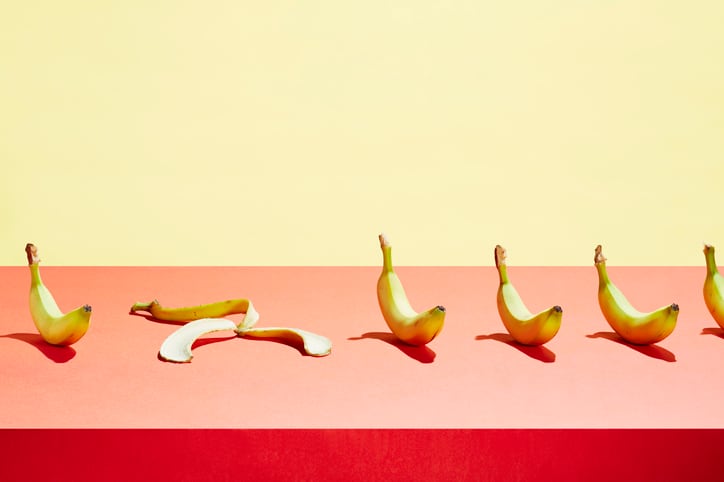
Every year globally, 22 million tons of bananas were discarded at harvest and farmer level for being too ugly or misshapen to sell, she said, representing the number one contributor to food waste in the world, with losses sitting at around 40% in developing countries. In Martinique, this figure sat at around 20% of lost banana fruit per year.
And these losses not only meant agricultural land was, essentially, wasted; so too was the water, energy and chemicals used to produce the banana trees, she said. “That’s why a focus on food waste and food loss should be a priority for brands, formulators and companies that design ingredients.”
Addressing attendees during her presentation, Billot said: “We only have three years to change and have an impact [on] climate change if you want to live in the best conditions possible. When you formulate or design products, you have to think about your impact and choose, select ingredients that support community to achieve these goals and have an impact on the environment.”
Breaking inequalities through ‘inclusive capitalism’
Working closely with banana farmers, she said, remained key to addressing these issues. Kadalys already ensured all of its banana growers were part of the company, she said, and it could continue to do so because it enabled a secure circular economy and ensured “inclusive capitalism – the only way to actively have an impact on inter-generational inequalities”.
Longer-term, Billot said the vision of Kadalys was to open up a network of industrial business licenses worldwide to allow other small countries to operate the same factory model and transforming raw material waste in-situ. “We will really work on our IP [Intellectual Property], because that is very strategic in processing and chemistry, and then have other suppliers in other parts of the world that share our values to provide different origin and support other communities.”
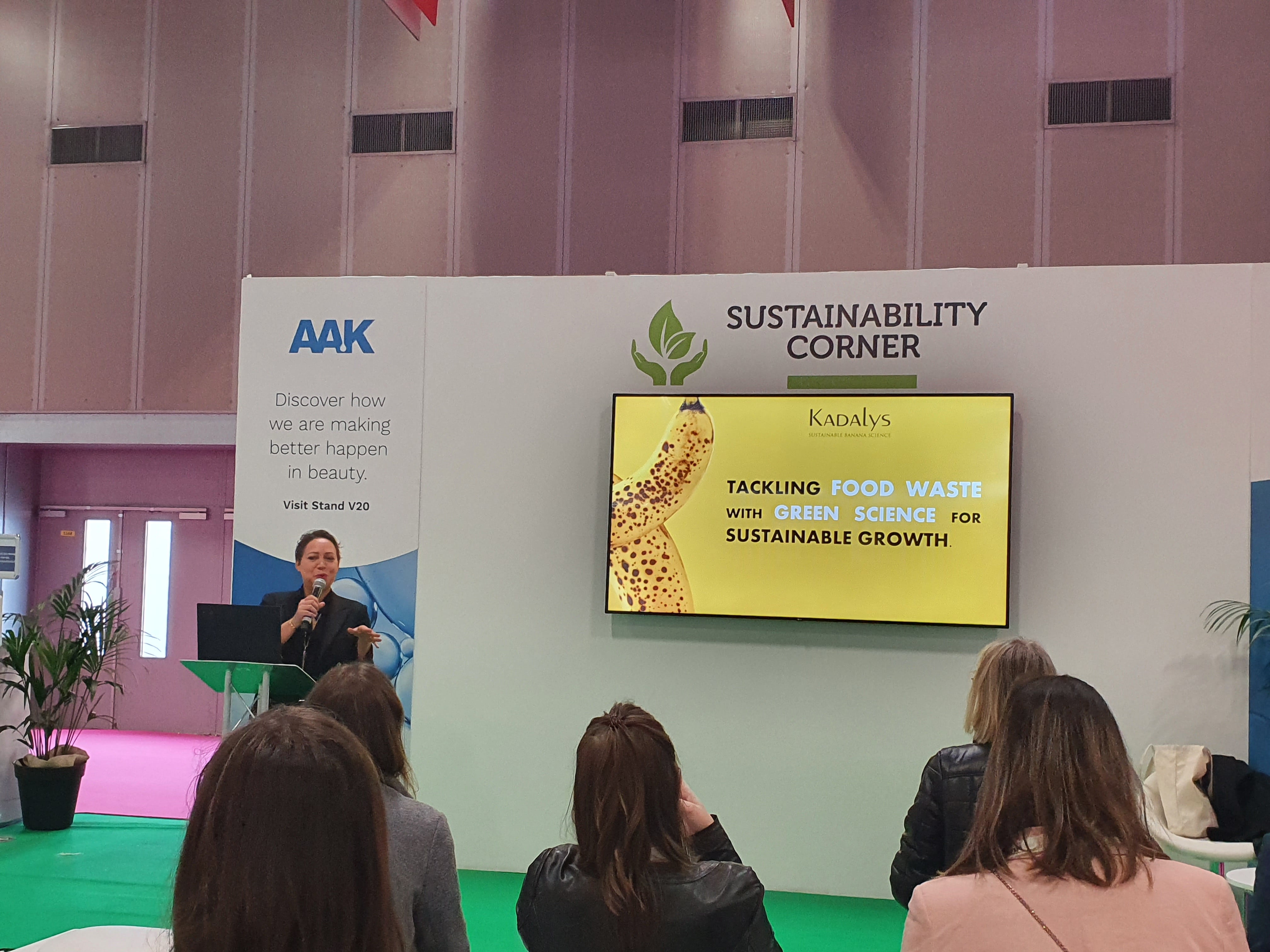
And this work, she said, would eventually stretch beyond bananas. “We are working on an algorithm, because we have a lot of data on eco-extraction processes, so our target is to develop faster, new ingredients from other plants. We’ll use our algorithm we are currently developing to be able to determine the best processes to extract the molecules that we want to have.”
So, would the Kadalys beauty brand eventually disappear? Absolutely not, Billot said.
Banana brand power continues – US and Europe the focus
“The Kadalys brand will just have a separate life. She will become a customer of our ingredients part,” she said.
The brand was, in fact, heavily focused on rapid US expansion, she said, having already kickstarted entry into around 300 JCPenney stores nationwide.
“We are focusing a lot on the US market, and also in Europe. We have a lot of demand from Northern [European] and Eastern [European] countries, maybe because they are very concerned about sustainability and they are really looking for authentic companies. Also, they want to have an original ingredient and inspiration from the Caribbean. We are different. We are a colourful brand, we work a lot on the textures and fragrance, not only the efficacy, and we try to be benevolent and a smiling, happy brand.”

